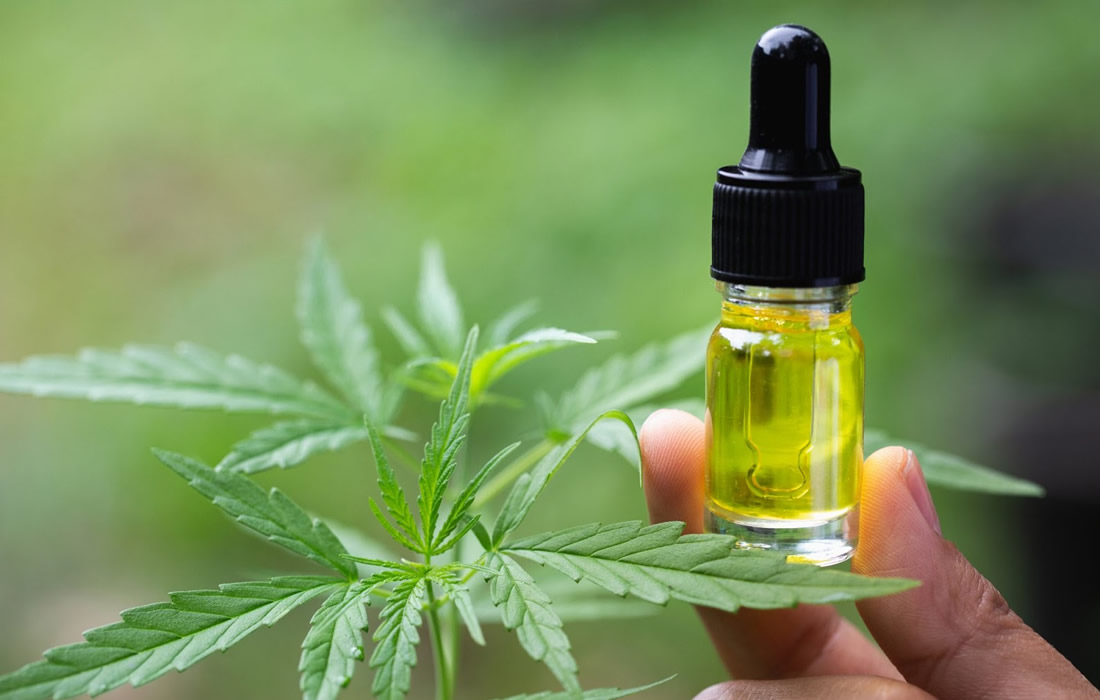Nutrition and Supplements
Fibromyalgia and the use of CBD
Fibromyalgia is a disorder characterized by widespread musculoskeletal pain accompanied by fatigue, sleep, memory and mood issues. Researchers believe that fibromyalgia amplifies painful sensations by affecting the way your brain and spinal cord process painful and non-painful signals.
Symptoms often begin after an event, such as physical trauma, surgery, infection or significant psychological stress. In other cases, symptoms gradually accumulate over time with no single triggering event.
Women are more likely to develop fibromyalgia than are men. Many people who have fibromyalgia also have tension headaches, temporomandibular joint (TMJ) disorders, irritable bowel syndrome, anxiety and depression.
While there is no cure for fibromyalgia, a variety of medications can help control symptoms. Exercise, relaxation and stress-reduction measures also may help.
The primary symptoms include widespread pain, fatigue and cognitive difficulties (impaired ability to focus, concentrate and pay attention). It often coexists with other conditions, such as: irritable bowel syndrome, chronic fatigue syndrome, migraine, anxiety, depression and interstitial cystitis.
Researchers believe that repeated nerve stimulation causes the brain and spinal cord of people with fibromyalgia to change. This change involves an abnormal increase in levels of certain chemicals in the brain that signal pain. Many factors lead to these changes, including genetics, infections and physical or emotional events.
There is currently no specific treatment for fibromyalgia, only symptomatic treatments like pain relievers, pain killers (opioids), antidepressants, physical therapy, counseling.
As the ravages of the opioid epidemic lead many to avoid these powerful painkillers, a significant number of people with chronic pain conditions like fibromyalgia are finding an effective replacement in CBD-containing products, finds a new Michigan Medicine study.
CDB, short for cannabidiol, is the second most common cannabinoid in the cannabis plant, and has been marketed from everything from mood stabilization to pain relief, with-out the intoxicating effects produced by the most common cannabinoid, THC. THC or delta-9-tetrahydrocannabinol, is the ingredient in marijuana that causes people to feel high.
“CBD is less harmful than THC, as it is non-intoxicating and has less potential for abuse” said a research investigator in the Department of Anesthesiology and the Chronic Pain and Fatigue Research Center. “Ïf people can find the same relief without the THC’s side effects, CBD may represent a useful as a harm reduction strategy.”
A study performed by Kevin F. Boehnke, et al found that more than 70% of people with fibromyalgia substituted opioids and pain medications for CBD with greater symptom relief. They noted that much of the widespread use of CBD is occurring without physician guidance but with greater pain relief.
More studies regarding the effectiveness of CBD need to be done in order to know if the results seen by people experiences are due to the use of CBD or placebo effects. Currently, there’s not enough studies regarding the effectiveness and safety of CBD for the treatment of pain conditions. Nevertheless, the preclinical studies and human data that exist indicate that the use of CBD should be taken seriously as a potential treatment for pain conditions.
Sources: Kevin F. Boehnke, Joel J. Gagnier, Lynne Matallana, David A. Williams. Substituting Cannabidiol for Opioids and Pain Medications Among Individuals With Fibromyalgia: A Large Online Survey. The Journal of Pain, 2021.
Michigan Medicine – University of Michigan. “People with fibromyalgia are substituting CBD for opioids to manage pain: The cannabis-derived substance provides fewer side effects, with less potential for abuse.” ScienceDaily. ScienceDaily, 24 June 2021.
Source link: https://www.sciencedaily.com/releases/2021/06/210624121715.htm
Source link: https://www.mayoclinic.org/diseases-conditions/fibromyalgia/symptoms-causes/syc-20354780

